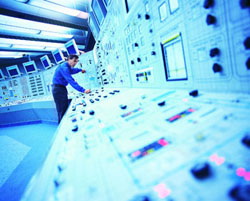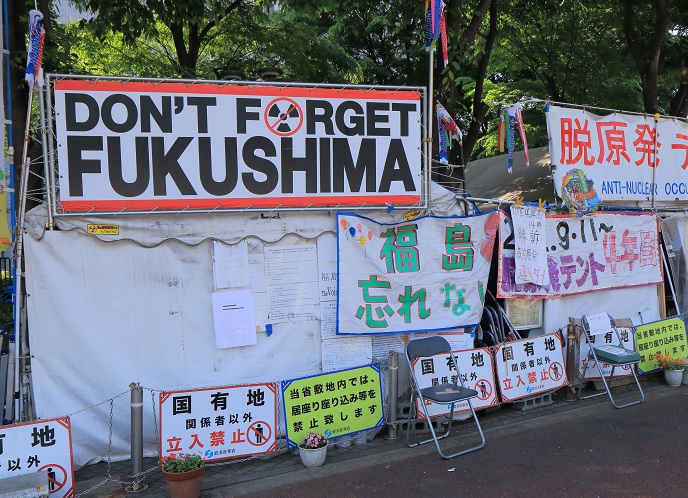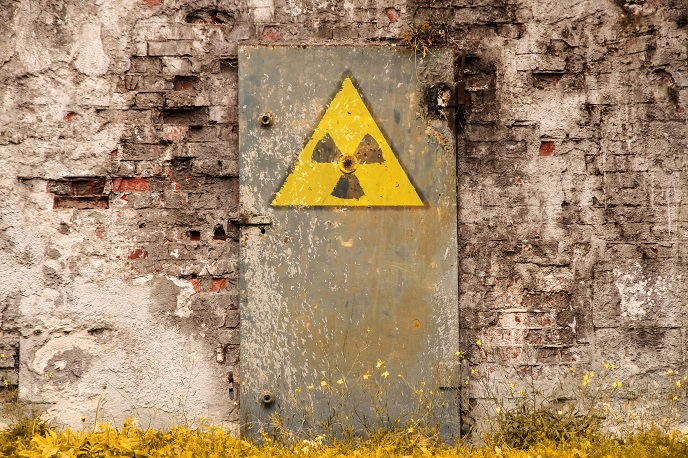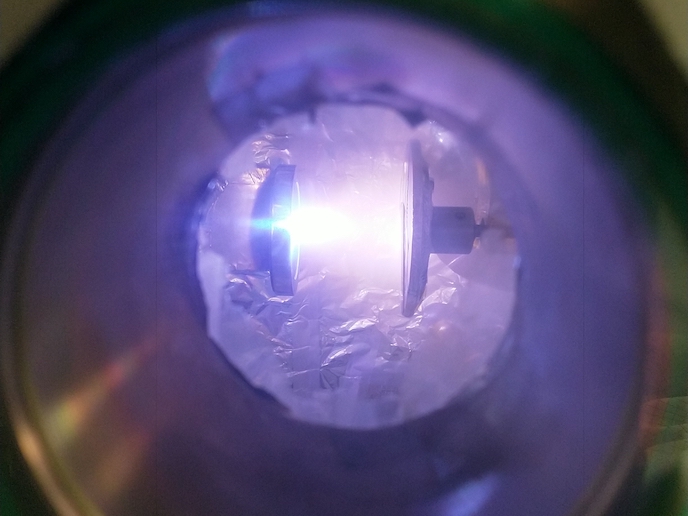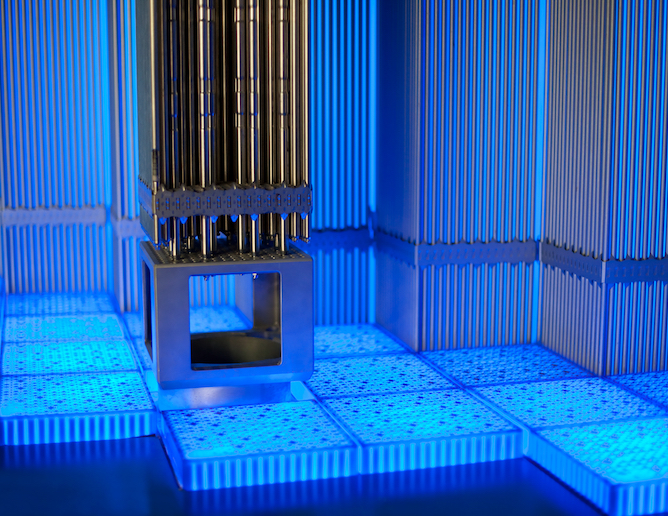New and improved nuclear reactor prototype
Producing electrical power from nuclear energy generates virtually no greenhouse gases. However, the fate of nuclear energy remains unclear largely due to safety concerns and the high costs associated with building new plants. While modern water-cooled reactors are competitive and safe, their energy production is far from sustainable due to their inefficient use of fuel and generation of long-lived highly radioactive waste. Most new nuclear plants in the future will be evolutionary designs building on proven systems while incorporating the latest technological advances. Among these are fast reactors, also called fast neutron reactors. The neutrons in these move around thousands of times faster than those in a conventional thermal reactor. Fast reactors make more efficient use of their fuel, create waste that decays to harmlessness in centuries rather than hundreds of millennia, and use liquid metal coolants that are generally much safer than water-cooled reactors. Lead-cooled fast reactors (LFRs) are a so-called Generation IV technology, one identified by the Generation IV International Forum (GIF) as a next-generation nuclear energy system. European scientists sought to build on previous achievements in the European Lead System (ELSY) project with EU funding of the ‘Lead-cooled European advanced demonstration reactor’ (Leader) project. Their goals were to design a European LFR (ELFR) reference industrial-size plant and produce a concept for a scaled demonstrator (ALFRED, or Advanced lead fast reactor European demonstrator). To date, the consortium has set up the ELFR reference configuration with extended energy efficiency and reduced release of fission products to the environment. A conceptual design of ALFRED has also been developed with safety and cost analyses currently in progress. Leader is expected to confirm that LFR technology is sustainable, efficiently using uranium fuel while reducing long-lived nuclear waste production. If the project can also show that LFR technology is safe and cost effective, the public image of nuclear energy should get the facelift it needs to become an essential component of the energy mix within the EU.



